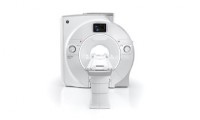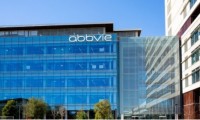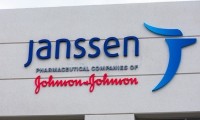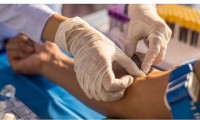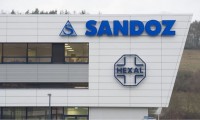-
GE HealthCare partners with Mayo Clinic to accelerate work on imaging and AI
- Source: drugdu
- 128
- September 18, 2023
-
BMS Culls Two Mid-Stage, Four Early-Stage Clinical Programs
- Source: drugdu
- 210
- September 16, 2023
-
AbbVie Passes on License Option for Harpoon’s TriTAC Multiple Myeloma Program
- Source: drugdu
- 111
- September 16, 2023
-
Janssen’s patient programme becomes latest victim of data breach
- Source: drugdu
- 105
- September 11, 2023
-
New Biomarker Tests Aid Quick, Accurate Diagnosis of Alzheimer’s Disease
- Source: drugdu
- 190
- September 6, 2023
-
FDA shuns Outlook Therapeutics with wet AMD drug BLA rejection
- Source: drugdu
- 109
- September 1, 2023
-
Microbiome company Enterome plans $108m raise to fund Phase II cancer trials
- Source: drugdu
- 120
- August 28, 2023
-
Regeneron wins FDA approval for rare immune disease med Veopoz, expects high-dose Eylea decision in the coming weeks
- Source: drugdu
- 122
- August 22, 2023
-
Bayer pledges $500K in drugs and cash relief to Maui following devastating wildfires
- Source: drugdu
- 191
- August 19, 2023
-
Sandoz says its biosimilar matches Eylea in another threat to Regeneron’s blockbuster
- Source: drugdu
- 148
- August 17, 2023
your submission has already been received.
OK
Subscribe
Please enter a valid Email address!
Submit
The most relevant industry news & insight will be sent to you every two weeks.

